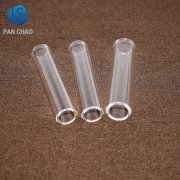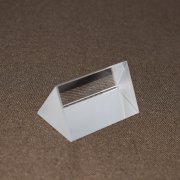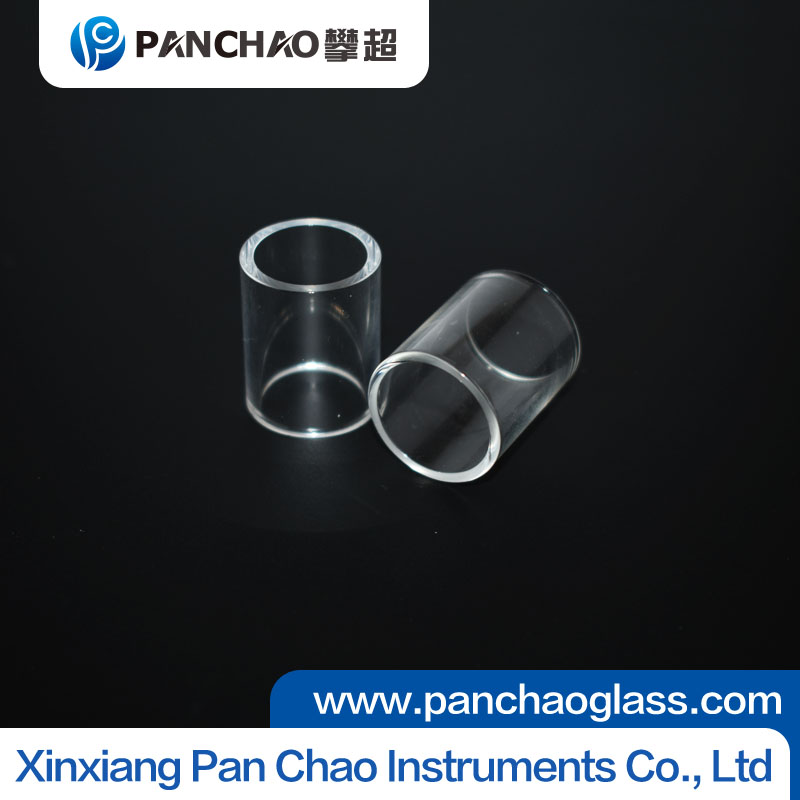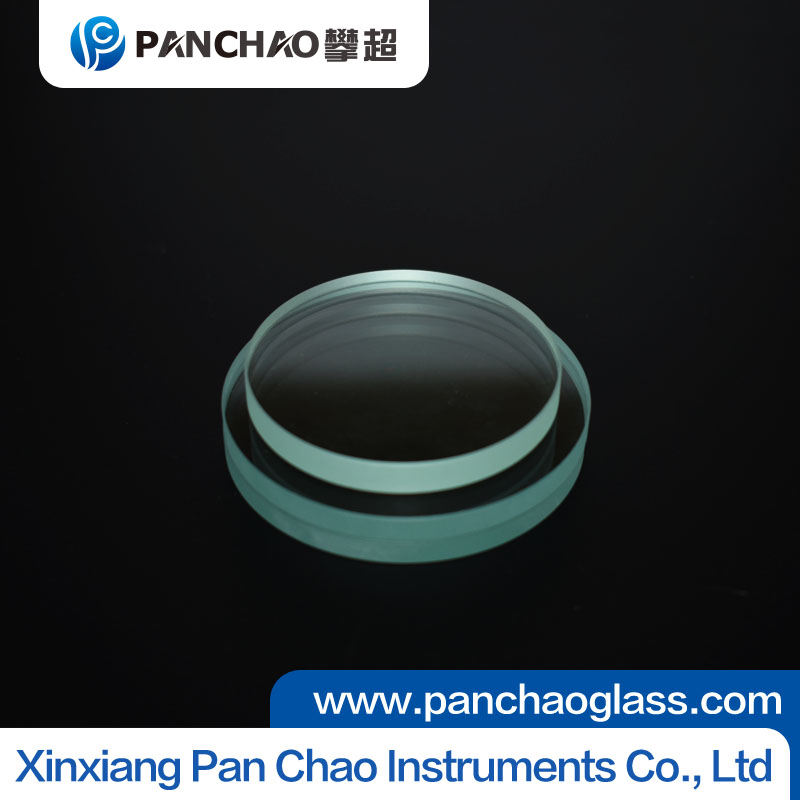
What are the characteristics of quartz glass?
What are the characteristics of quartz glass?
Quartz glass is a special industrial technical glass made of silicon dioxide, and is a very good basic material. Quartz glass has a series of excellent physical and chemical properties. High temperature resistance: The softening point of quartz glass is about 1730°C. It can be used for a long time at 1100C, and the short-term use temperature can reach 1450C. 2. Corrosion resistance: Except for hydrofluoric acid, quartz glass hardly reacts with other acid substances. Its acid resistance is 30 times that of ceramics and 150 times that of stainless steel.
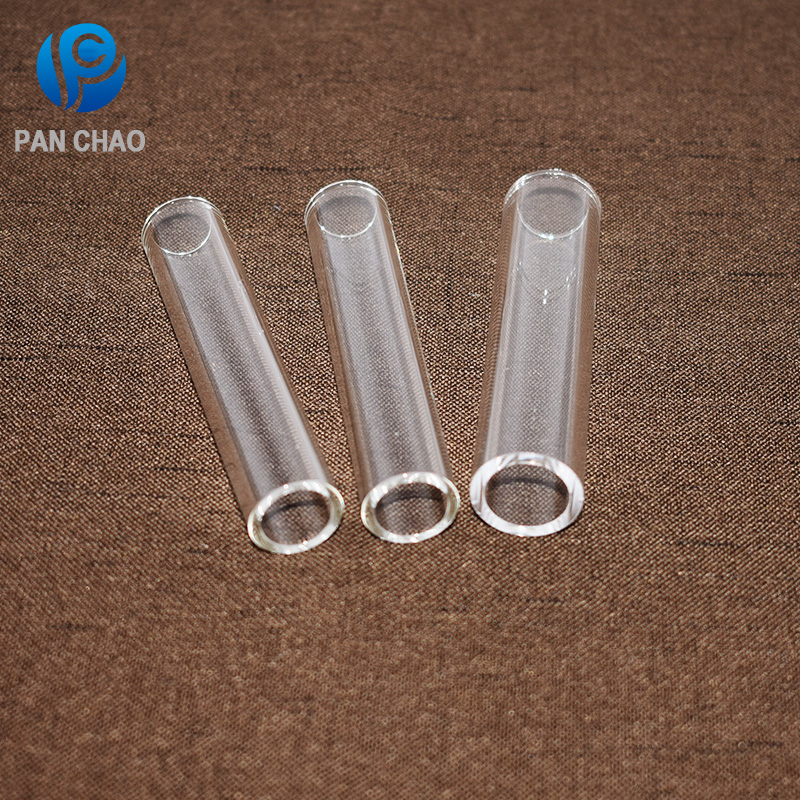
Especially its chemical stability at high temperatures is unmatched by any other engineering material. 3. Good thermal stability: The thermal expansion coefficient of quartz glass is extremely small, and it can withstand drastic temperature changes. When quartz glass is heated to about 1100C, it will not burst when placed in normal temperature water. 4. Good light transmittance: Quartz glass has good light transmittance in the entire spectrum band from ultraviolet to infrared, and the visible light transmittance is above 93%, especially in the ultraviolet spectrum region, the transmittance can reach more than 80%. 5. Good electrical insulation performance: The resistance value of quartz glass is equivalent to 10,000 times that of ordinary glass. It is a good electrical insulation material and has good electrical properties even at high temperatures.
Quartz glass is an acidic material. Except for hydrofluoric acid and hot phosphoric acid, it is inert to any other acid and is an acid-resistant material. At room temperature, the degree of corrosion of alkali and salt on quartz glass is also very small, so the use of quartz glass in these reagents is not excluded. Quartz glass is a good acid-resistant material. Except for hydrofluoric acid and hot phosphoric acid above 300 degrees, it can resist corrosion by sulfuric acid, nitric acid, hydrochloric acid, aqua regia, neutral salts, carbon and sulfur at high temperatures. Its chemical stability is equivalent to 30 times that of acid-resistant ceramics and 150 times that of nickel-chromium alloys and ceramics. It is resistant to high temperatures, thermal shock, and has a particularly small thermal expansion coefficient. Transparent quartz glass has better chemical stability than opaque quartz glass because the latter has an increased surface area exposed to the corrosive liquid due to the presence of bubbles. Due to the above-mentioned excellent physical and chemical properties, quartz glass is widely used in various fields such as point light sources, semiconductors, optical communications, military industry, building materials, chemistry, machinery, electricity, and environmental protection.
Related articles
- What is the difference between float tempered glass and ordin
- What should be paid attention to when using quartz glass
- What are the advantages of high borosilicate glass water cups
- What are the advantages of smart switch glass panels
- Quartz glass tube high temperature tube furnace high purity t
- customized ultra-white 1.0mm 2mm 3mm square glass sheet,squar
- What are the benefits of processing glass with quartz square
- The difference between high borosilicate glass,low borosilica
- Notes on the application of fireplace glass
- What is the air permeability of quartz glass products

Xinxiang Pan Chao Instruments Co., Ltd.
Tel: +86 13343800331
Contact person:Carrie Niu
Fax: 0373 303 0331
Email:sales@panchaoglass.com
